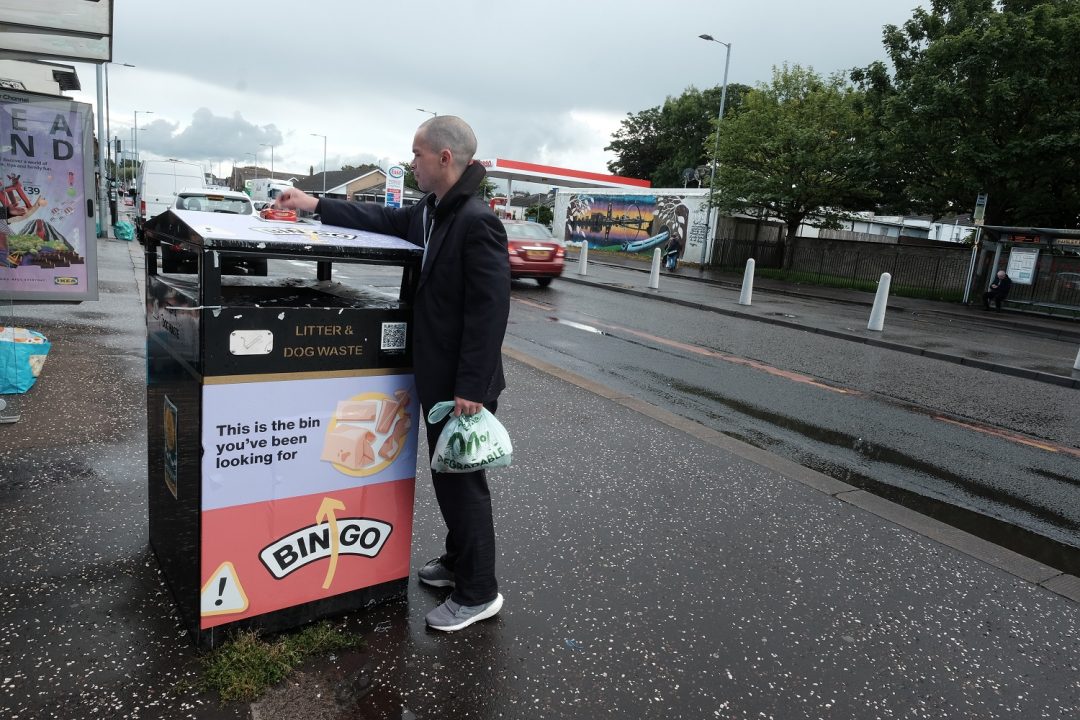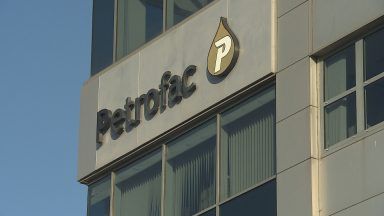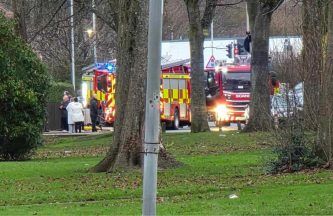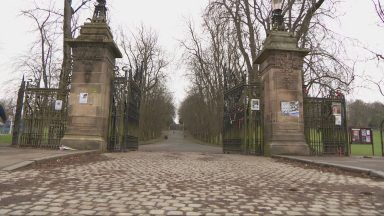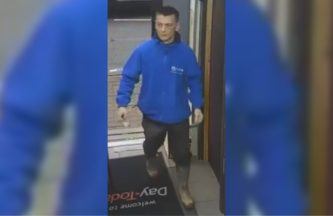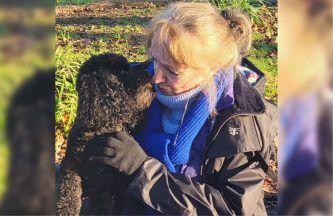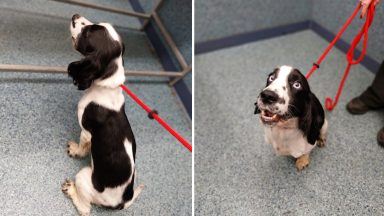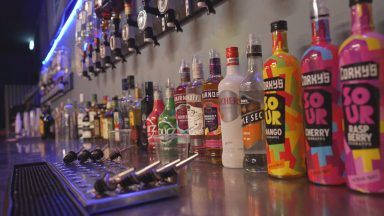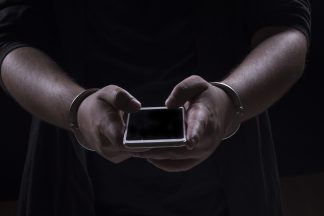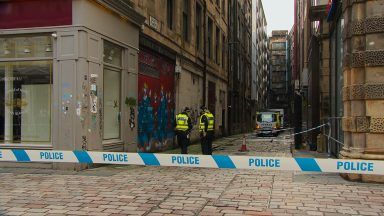Glasgow is leading the way with a “groundbreaking” study using AI and tech to track roadside litter.
Using advanced image capturing and AI data-processing technology, scientists from Ellipsis Earth worked with environmental charity Hubbub to create a detailed map of the locations and types of litter dropped across the roads of Glasgow.
Vehicle cameras were used to survey A-roads and B-roads including junctions as well as city centre and retail areas across the city, with AI used to recognise the litter on the ground.
The data showed that litter accumulates where vehicles drive at slower speed, such as traffic lights, junctions, roundabouts. Litter from food and drinks packaging is twice as high in out-of-town sites than the city centre, particularly in the evenings.
The survey also found that litter is dropped on average every three seconds on the roads of Glasgow which creates a significant burden on local services and impacts on local people and our wildlife too.
Furthermore, cigarette butts, paper, glass bottles and plastic fragments, often broken down from food and drink litter, were the most common types of roadside litter.
After the initial survey, Hubbub worked with Glasgow City Council and environmental charity Keep Scotland Beautiful to test various litter-busting interventions in key hotspots, specifically on Paisley Road West.

Supported by a radio and social media campaign, new eye-catching signage on bins and lamppost banners were rolled out, encouraging road users to ‘Keep it ‘til you bin it’ and to do a two-minute tidy of their cars.
A second survey measuring changes in litter levels then showed the impact of the interventions, predominantly on Paisley Road West. It found that:
- Putting bins in targeted locations was between four and five times more effective than putting them in random locations.
- The combination of signage and bins together led to a 25% greater reduction in nearby littering than the reductions from just a bin, or sign alone.
- Rewrapping bins led to a 45% litter reduction within 20 metres of the rewrapped bin, versus only 8% in non-hotspot locations. This increased to 58% when also paired with nearby signage.
- Isolated signage has limited overall impact on roadside littering.
Gavin Ellis, Co-founder and Director of Hubbub said: “This is the first time AI has been used to map out roadside litter and the learnings we can take from this work in Glasgow can actually be applied to areas across the UK.
“The data shows we need to make it easy for drivers to bin rubbish, provide bins where drivers stop, and ensure they are visible and easy to access. It’s also important we encourage them to bin rubbish before getting on the road again.
“We strongly believe that collaboration between highway agencies, councils, and businesses is key to tackling roadside litter and that targeting litter hotspots with combined bins and signs save time and money. We look forward to sharing the learnings from this study more widely to help ensure the effort is being targeted in the right places.”
Paul Wallace, Campaign and Social Innovation Manager at Keep Scotland Beautiful commented: “Scotland is facing a litter emergency. Our data highlights that many of our streets, open spaces, and roadsides are blighted by litter, so it’s imperative that we trial new, and innovative ways of tackling it.
“Utilising technology, such as AI, to collect data allows us to better target action and adds value to the thousands of data points, we have from on the ground surveys across the country. And by working in collaboration across sectors we can ensure initiatives such as this tie into the actions needed to deliver Scotland’s National Litter and Flytipping Strategy.
“With 89%of people perceiving litter levels to be a problem nationally we know that engaging a broader audience through fun activities will have an impact and it is great to see Glasgow leading the way to trial this study.”
A Glasgow City Council spokeswoman said: “We were delighted to work with Hubbub on the Tidy Roadsides campaign. Anything which encourages more people to bin their litter responsibly is welcome – as is data and insight into nudge theory techniques which encourage positive behavioural change and which enable resources to be targeted where they’ll be most used.
“Litter is entirely preventable if people simply took their rubbish home with them or put it into one of the thousands of public bins across the city. Money which the council has to spend clearing it up, could then be used more constructively.”
For more information visit www.hubbub.org.uk/Tidy-Roadsides
Follow STV News on WhatsApp
Scan the QR code on your mobile device for all the latest news from around the country


